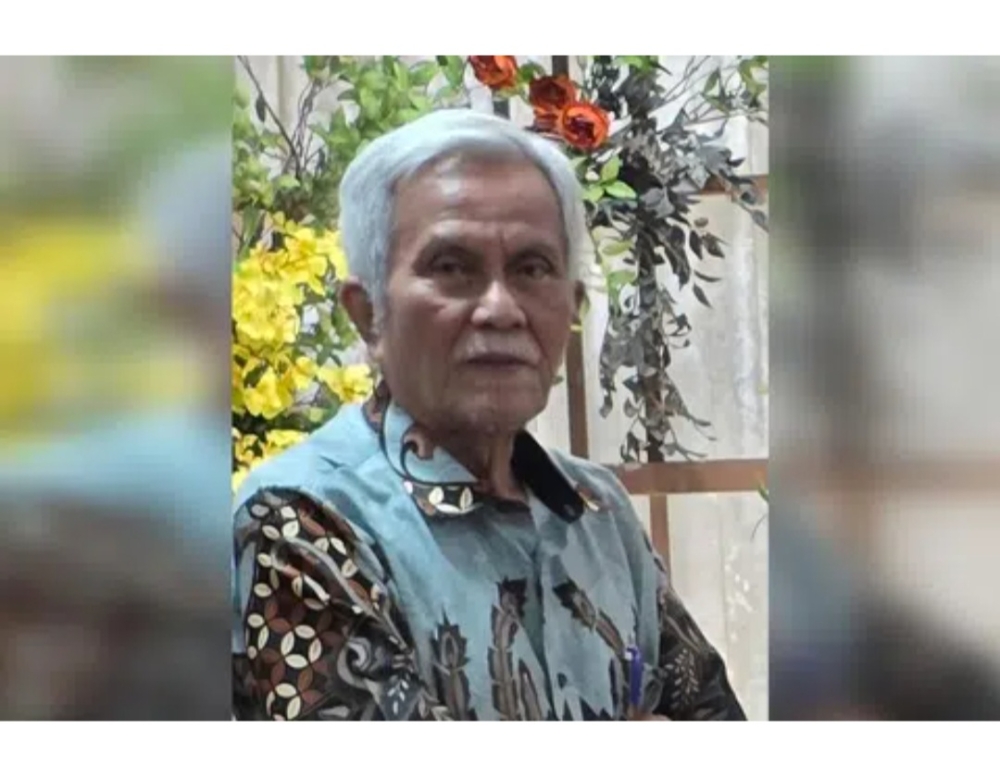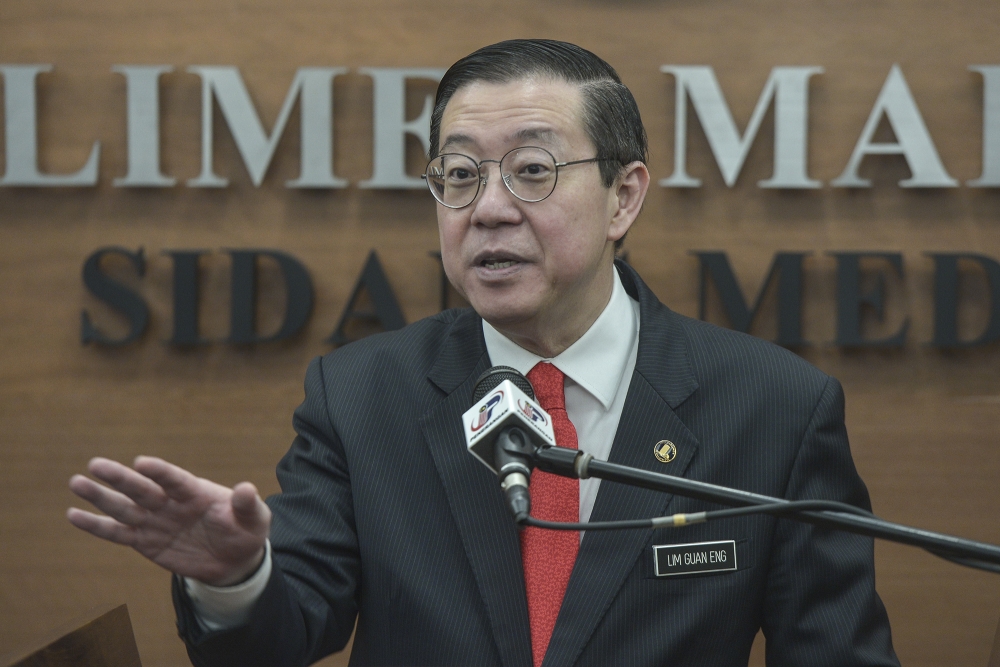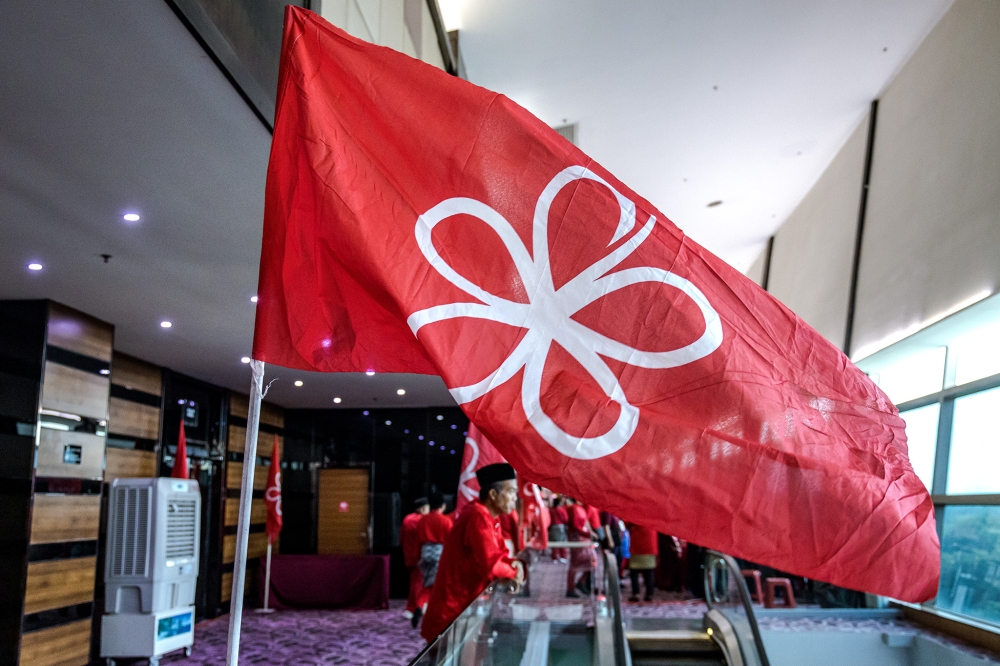KUALA LUMPUR, Sept 25 — Stripped naked. Sexually molested. Beaten. Extorted for money and sexual favours. Publicly humiliated on national television.
These are some of the atrocities allegedly committed by Malaysian state religious authorities on Muslim transgendered women, according to an exhaustive report on human rights abuses against the minority group released today.
The report by international watchdog Human Rights Watch (HRW), which included interviews with 42 transwomen and three transmen, documents the tales of Muslims from the transgendered community who were allegedly persecuted under state Shariah laws, which prohibit cross-dressing.
“The laws against cross-dressing, in themselves, invite sexual abuse, as they may require religious officials to verify the sex of the individuals they arrest,” said the report, which was made available to Malay Mail Online yesterday.
In several cases, this resulted in religious department officials reportedly molesting the transwomen by touching their breasts, in order to ascertain their “realness”.
“They were rough. One of them squeezed my breasts. I was completely humiliated. … They stripped me completely naked.
“One of them took a police baton and poked at my genitals,” said a transwoman called Victoria in Seremban, who was arrested in 2011.
“They put me in the back seat of the car, between them. While [two of them] were touching my breasts and holding them, they asked, ‘How did you get this done?’,” said another who called herself Adik and was arrested in 2012, also in Seremban.
Besides sexual abuse, it was claimed that some transwomen were also physically hurt during raids by religious department officers, especially during their arrests.
“They chased me into a hotel and grabbed me. They hit me, punched me in the face, choked me, and told me I was guilty.
“I felt dizzy and collapsed. One of them tried to stomp on my chest, but I was saved by someone who pulled me away,” a transwoman called Serafina said when recounting her arrest in Seremban in 2010.
The report also claimed some transwomen were refused treatment for their injuries, except for one case in Malacca where a transwoman was admitted to surgery after religious officers allegedly beat her up.
The report also found that religious officers have also extorted money from transgenders, as they are vulnerable and cannot easily seek recourse. Some transwomen were also allegedly extorted for sexual favours.
“For transgender people, the religious law on cross-dressing is a big risk. Some give a bribe or sexual services when they are arrested — so the risk of HIV increases,” an official with Family Health Development Association (FHDA), a Penang-based sexual and reproductive health NGO told HRW.
The report also said that religious authorities publicly humiliate transwomen by calling television news crews to tag along during their raids, as confirmed by a broadcast journalist.
Besides the transgenders, HRW also interviewed, among others, lawyers, outreach workers, human rights activist, medical professionals, and a representative of the Malaysian Department of Islamic Development (Jakim) for the report.
The Court of Appeal is expected to deliver its decision this November 7 on the application by three transwomen for a judicial review of a Negri Sembilan Shariah enactment that criminalises cross-dressing. In their application, the women contended that the law violates constitutional articles and does not apply to those diagnosed with Gender Identity Disorder (GID).
Despite the judicial review, 17 transgender women were arrested and charged under Section 66 of Negri Sembilan’s Shariah Criminal Enactment in June, barely a month after the review started.
The 16 transwomen opted to serve their jail time in a men’s prison, after being fined RM950 each. One of them, a minor, was sentenced to attend one-year counselling by the Negri Sembilan Islamic Religious Affairs Department.
Laws such as Section 66 are allegedly used by state religious authorities to repeatedly arrest and harass transgenders solely because they don clothes deemed as “feminine”.

Besides Negri Sembilan’s Section 66, other states’ Shariah criminal enactments also have provisions that give religious authorities the right to prosecute the transgender community for “cross-dressing”.
Penalties differ for those found guilty, with fines ranging from RM1,000 to RM5,000, and imprisonment from six months to three years.
Muslim-majority Malaysia continues to reject the perceived rise in lesbian, gay, bisexual and transgender (LGBT) activities, which they deem to be an assault against Islam together with growing calls for greater civil liberties.
The issue is compounded by the intermingling of politics and religion in a country where the latter has become a major platform from which to appeal for support.
“Transwomen” or “transgender” are terms used to refer to those who were born male but associate themselves with the female identity, and has nothing to do with sexual preferences.
















